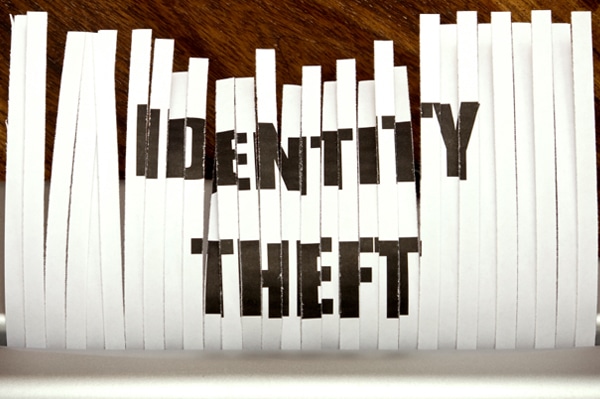The Rise of Identity Theft (Part II)
Continuation of The Rise of Identity Theft (Part I)
Report Any Problems Right-Away
Immediately report lost or stolen cards and any discrepancies on your monthly statements to the issuing card company.
Check your credit record every six months or at least once a year. Mistakes can and do happen. Any mistake can dramatically lower your overall credit score. You can do this by contacting the credit bureaus (Equifax,TransUnion), and by law, they are required to give you one free credit report per year. Get your free credit reports here: Equifax Report TransUnion Report
Photocopy all your cards and any pieces of identification. Keep this list in a safe place (not your wallet or purse) so that you can contact each credit or quickly in case your cards are lost or stolen. Make a similar list for your bank accounts.
Visit this Canadian government website Services Canada which gives you a step by step list of what to do if you lose your wallet, with a complete list of all the financial institutions and their contact information.
Destroy All Evidence
Every investigator knows what a dumpster diver or trash archaeologist is. A person can obtain invaluable amounts of information from someone’s trash. Invest in a quality paper shredder and destroy all paperwork that has any personal information that you no longer need including pre-approved credit card solicitations, convenience checks, bank statements, magazine subscription renewals, etc. Make sure the shredder has a confetti-cut feature and not a straight-cut action. It’s well worth the extra money.
Never leave receipts at bank machines, bank wickets, trashcans or gasoline pumps.
Do not leave important documents in your vehicle. Remember what happened when a Canadian Security Intelligence Service officer left sensitive information in her car as she attended a hockey game? (Drug Addicts Steal Secret CSIS Plans)
Social Engineering Techniques
Pre-texting or Phishing are techniques used by criminals to collect sensitive information from people either via telephone or email. Never give out personal information over the phone or via email unless you are absolutely sure who’s at the other end.
Secure Your Mail
Have your mail sent to a post office box where it is much more secure. If you choose to have mail sent to your home install a lockable mailbox. If you are away have your mail, newspapers and magazines picked up everyday.
When subscribing to magazines do not include your title, or actual birth name. If your name is Dr. Anthony Michael Kenton use Mike Kent. There is no need for your mailman or a mail snoop to know that you are a doctor, lawyer or other professional. The only people who are interested in your title are those who want something from you so please don’t let your ego put you at risk.
Your Computer
Another point to keep in mind is the issue of storing personal information on your computer’s hard drive. If you feel comfortable with doing this make sure that you protect your computer with a good anti-virus, firewall software and a password to log into your computer. All wireless connections must be secured. If you decide to sell your computer make sure it doesn’t include the hard drive. Even when a hard drive has been “erased”, deleted information can be retrieved. Destroy it!
Social Networking Sites
Social networking sites such as Facebook are great allowing one to stay in touch with old friends. But, they are also a playground for identity thieves. To reduce the risk of being a victim adjust the security settings as high as possible, only add people who you actually know and minimize the amount of personal information you display (i.e. your birthday)
These are very simple steps that everyone can take to keep from becoming a victim of identity theft.
Many have said that identity theft is unavoidable, undetectable, and unstoppable. The best piece of advice we can give is to be very conscious of who you’re giving your personal information to, where your personal information is ending up and paying attention to the people around you when using your personal information.
Solutions Risque Inc. receives several calls a year from victims of identity theft. Unfortunately, there’s not much that can be done after the fact. Prevention goes a long way so make changes now to prevent issues later.
© The “Solutions Risque Tips” was written by Solutions Risque Montreal Private Investigation firm www.solutionsrisque.com. Permission is hereby granted to those who wish to share or copy this article. In those instances, the following Credit Statement must be included “The Solutions Risque Tips was written by Solutions Risque Inc. www.solutionsrisque.com“. Inquiries regarding Solutions Risque Tips should be directed to info@solutionsrisque.com

